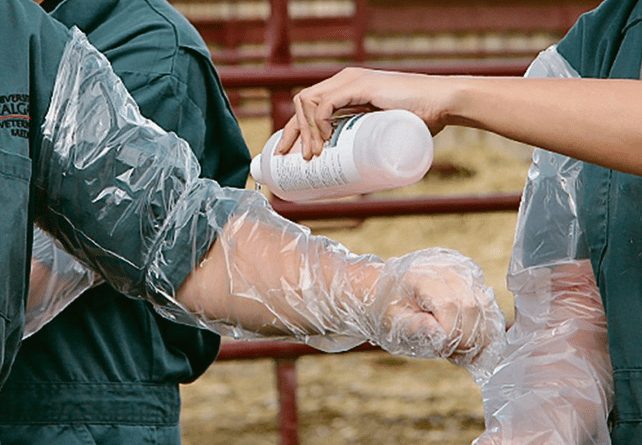Photo credit: Harvard Kennedy School
Another AI outbreak on a commercial chicken farm in Gauteng announced
The department of agriculture, land reform and rural development (DALRRD) announced another outbreak of Avian influenza (AI) in a commercial chicken farm in Randfontein in Gauteng last week.
“Preceding this outbreak, four outbreaks were detected on other commercial chicken properties, a total of five HPAI H5N1 outbreaks – four in Gauteng and one outbreak in North West.
“All affected farms have been quarantined, with control measures being implemented. Genetic evaluation has confirmed that the outbreak reported in commercial layers on 13 of April in Gauteng, and the one on commercial broiler-breeders in the North West, seem to have been caused by non-identical AI strains. These two outbreaks were therefore more likely to have been caused by separate introductions.
Read media release
Calls for stronger biosecurity
Meanwhile, the DA called on minister thoko Didiza to strengthen South Africa’s biosecurity. Noko Masipa, DA member on the portfolio committee on agriculture, land reform and rural development said in a media statement that as the continued outbreak of avian flu on poultry farms across the country shows no sign of a slowdown, Minister Thoko Didiza should prioritise biosecurity.
“According to reports from Asia and Europe, these new viruses are more lethal to poultry birds and are spread easily by wild birds. Countries such as Poland started reporting the outbreak as far back as January and have lost over 5 million birds to date.
“Asia and Europe have been experiencing the H5Nx High Pathogenicity Avian Influenza (HPAI) with the genetic origins identified as H5N1 HPAI that originated from China in 1996. These H5N1 virus outbreaks have been widely reported and it was just a matter of time that it would reach the Southern Hemisphere.”
The South African Pork Producers’ Organisation (SAPPO) coordinates industry interventions and collaboratively manages risks in the value chain to enable the sustainability and profitability of pork producers in South Africa.









